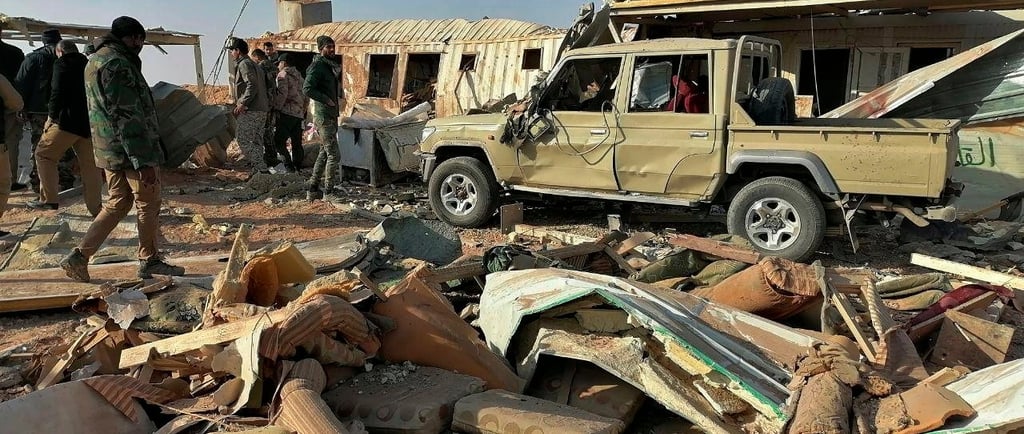US Bombs Iran Nuclear Sites in Coordinated Strike: Trump Declares Operation a Success
The United States launched coordinated airstrikes on Iranian nuclear facilities, targeting Fordow, Natanz, and Isfahan. President Trump claims victory, while global leaders react with alarm. Here's what happened, why it matters, and what could come next.
WORLDWIDE
6/22/20252 min read


US Airstrikes Hit Iran Nuclear Sites in Major Escalation
The skies above Iran lit up before dawn as the United States launched a powerful and precise military strike targeting three of Iran’s most sensitive nuclear facilities. The targets included the underground complexes at Fordow, Natanz, and Isfahan, key elements of Iran’s controversial nuclear program.
The operation, carried out with stealth bombers and submarine-launched cruise missiles, marks the most direct U.S. military intervention against Iran in years. It comes amid growing tensions between Tehran, Washington, and Tel Aviv, and signals a dramatic escalation in the Middle East.
Trump Confirms Strike on Iran, Calls It a "Spectacular Success"
President Donald Trump addressed the nation just hours after the attacks were confirmed. Speaking from the White House, he declared the mission a total success and warned Iran of further consequences if it continues to enrich uranium or threaten regional security.
“The United States has bombed three major nuclear sites in Iran. The message is clear. We will not allow a nuclear Iran,” Trump said in a televised address. “Iran now has a choice. Peace or disaster.”
Why the US Bombed Iran's Nuclear Facilities
According to military analysts, the targets were chosen to disrupt Iran’s ability to develop nuclear weapons. Fordow, buried deep inside a mountain, was designed to withstand attacks. Natanz is Iran’s primary uranium enrichment site, and Isfahan holds a significant stockpile of uranium gas.
The Pentagon confirmed the use of 30,000-pound bunker-buster bombs designed to penetrate reinforced underground targets. Cruise missiles were also launched from U.S. Navy submarines stationed in the Persian Gulf.
How Iran and the World Are Reacting
Iranian officials admitted Fordow had been hit but claimed that the damage was limited and no radioactive material had leaked. Tehran also accused Washington and Tel Aviv of “crossing a red line” and vowed retaliation at a time and place of its choosing.
International reaction was swift. Israel welcomed the strikes, with Prime Minister Benjamin Netanyahu saying the operation "defended the free world." European leaders, however, expressed deep concern. U.N. Secretary-General António Guterres condemned the attacks and called for restraint on all sides.
Oil markets spiked immediately, while diplomatic channels opened urgently behind closed doors.
US Political Reactions: Congress Divided on Iran Strike
In the United States, reactions fell along party lines. Republicans praised Trump’s decision as a show of strength and deterrence. Democrats criticized the unilateral nature of the strike, questioning whether the president had legal authority to authorize such a large-scale military operation without congressional approval.
Several members of Congress are now calling for emergency hearings to assess the scope and consequences of the operation.
What Happens Next in the US-Iran Conflict?
The situation remains fluid. Iran’s next move could determine whether this becomes a prolonged conflict or a one-time show of force. Military bases in the region are on high alert, and intelligence agencies are closely watching for any retaliatory activity from Iran or its allied groups, such as Hezbollah and the Houthis.
This unprecedented escalation could shape the geopolitical future of the Middle East, U.S. foreign policy, and global energy stability.